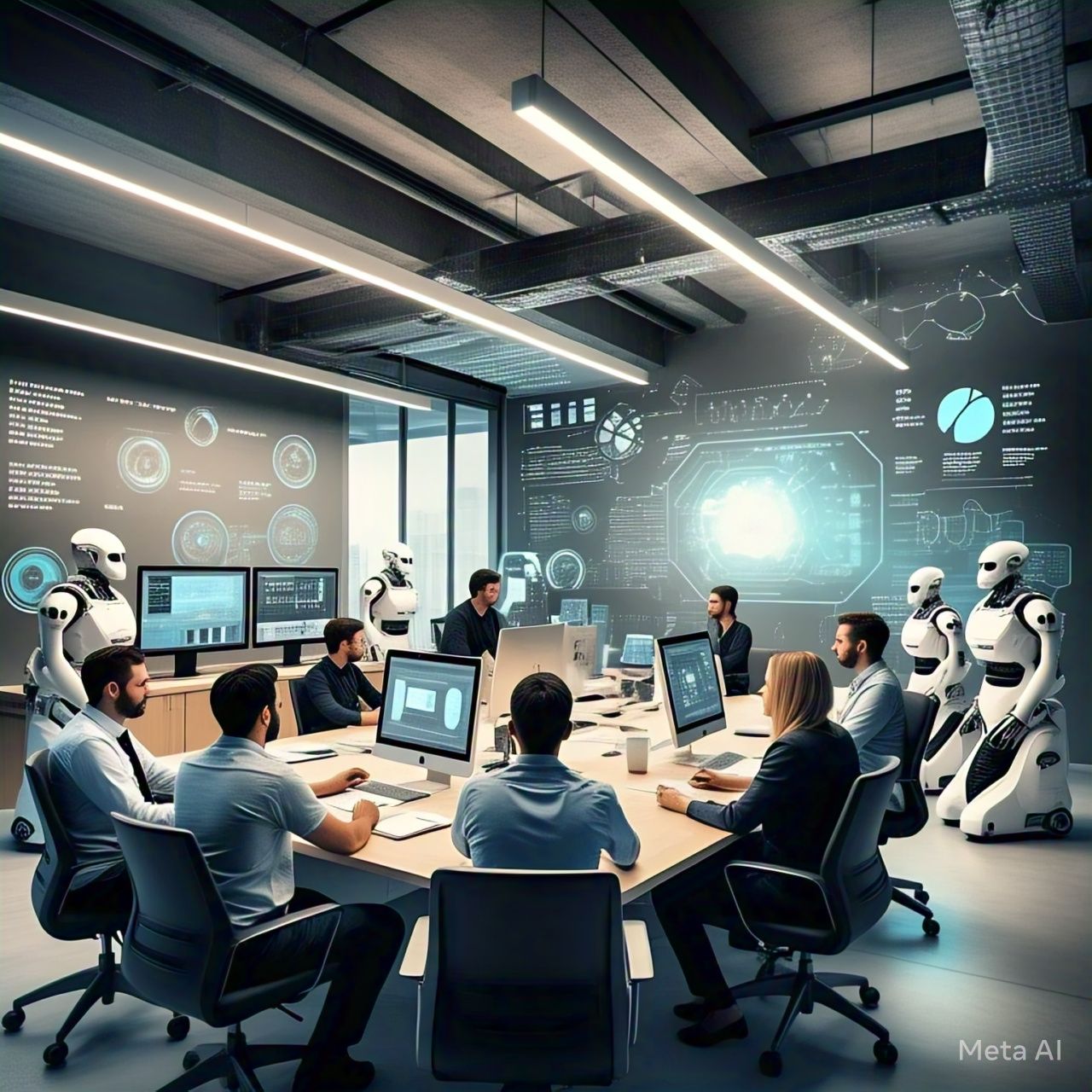Introduction
Artificial Intelligence (AI) is transforming the financial sector, with algorithmic trading at the forefront of this revolution. AI-driven trading systems use machine learning and advanced data analytics to execute trades at lightning speed, optimizing strategies and reducing risks. As financial markets become increasingly complex, AI provides traders and investors with a competitive edge by enhancing accuracy, efficiency, and decision-making.
The Role of AI in Algorithmic Trading
1. High-Speed Data Processing
AI can analyze massive amounts of market data in milliseconds, identifying profitable opportunities faster than human traders. This speed advantage allows AI-powered trading systems to react to market changes in real-time.
2. Predictive Analytics and Market Forecasting
AI models use historical data and real-time market trends to predict price movements, helping traders make informed decisions. Machine learning algorithms continuously refine these predictions, improving their accuracy over time.
3. Automated Trading Strategies
AI-driven trading bots execute trades automatically based on predefined rules, removing human emotions from decision-making. This ensures consistency and minimizes impulsive trading mistakes.
4. Risk Management and Fraud Detection
AI detects market anomalies and assesses risks more effectively than traditional methods. By identifying irregular patterns, AI helps financial institutions prevent fraud and mitigate potential losses.
Benefits of AI in Algorithmic Trading
- Speed and Efficiency: AI executes trades in microseconds, maximizing opportunities in volatile markets.
- Data-Driven Decisions: AI eliminates guesswork, relying on accurate, real-time market analysis.
- Reduced Human Error: Automation removes emotional biases and manual trading errors.
- 24/7 Market Monitoring: AI algorithms can trade continuously without breaks, unlike human traders.
- Enhanced Risk Assessment: AI can predict downturns and adjust trading strategies accordingly.
Challenges and Ethical Considerations
Despite its advantages, AI-driven trading also presents challenges:
- Market Manipulation Risks: AI can be exploited to create unfair trading advantages.
- Algorithmic Failures: Poorly designed models can lead to unexpected losses.
- Regulatory Concerns: Governments are still adapting laws to govern AI in trading.
- Dependence on Data Quality: AI’s performance is only as good as the data it processes.
Future of AI in Financial Markets
As AI technology evolves, we can expect further innovations in:
- Quantum Computing to enhance trading speed and complexity.
- AI-Powered Hedge Funds that rely entirely on machine learning.
- Explainable AI to provide more transparency in algorithmic decision-making.
- Integration with Blockchain for secure and automated trading transactions.
Conclusion
AI is revolutionizing algorithmic trading, making financial markets more efficient, data-driven, and automated. While challenges remain, the potential for AI to reshape trading strategies and investment decisions is undeniable. As financial institutions continue to integrate AI, the future of trading will be shaped by machine intelligence, speed, and predictive analytics.




